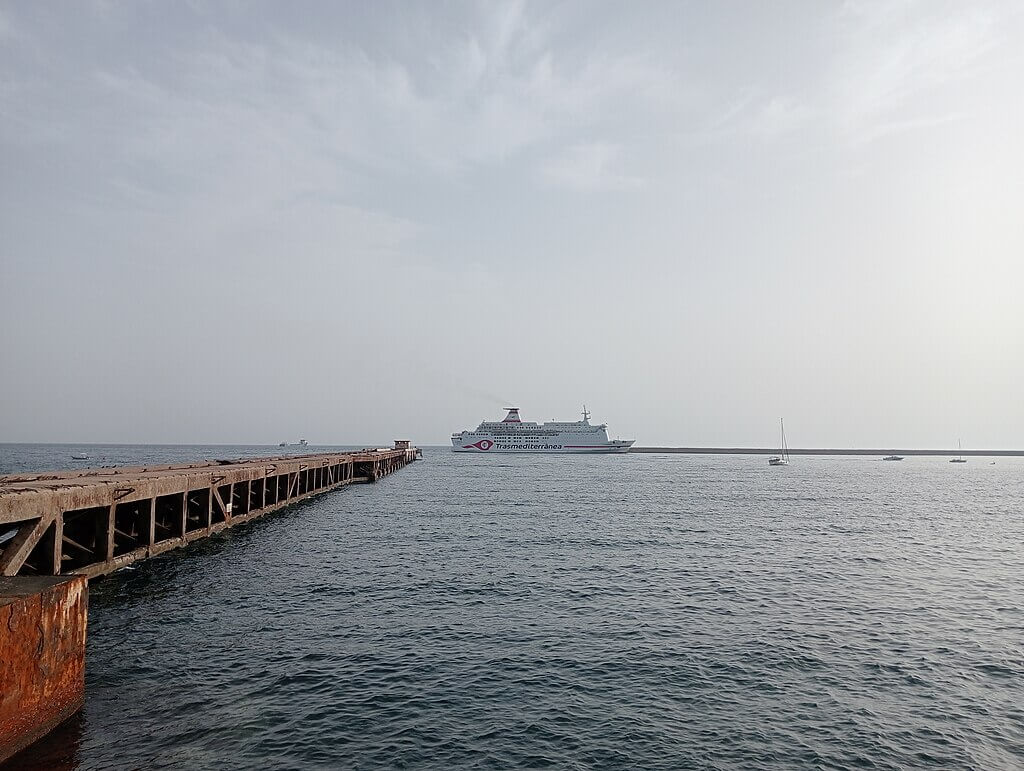Chinese floating hospital operating unlawfully in Peruvian waters
Photo: Wikimedia Commons.
The Chinese squid vessel Zhe Pu Yuan 98 has been operating without the required permits as a floating hospital in the Pacific Ocean, in Peruvian waters, since 2021, according to an investigation by Artisonal.
The ship’s task is to provide medical care to injured and sick crew members of other fishing vessels. For the past three years, it has operated unregulated, disembarking 37 seriously ill crew members and one deceased crew member at the Peruvian port of Callao.
The Zhe Pu Yuan 98 commenced its operations in 2017 as a fishing vessel on Peru’s high seas. In July 2020, it returned to the Asian country for maintenance checks, however, on its departure from China in 2021, the vessel changed from a fishing vessel to a support vessel with modifications to provide medical assistance to fishermen working in the South Pacific.
The South Pacific Regional Fisheries Management Organization (SPRFMO) convention area has no precedent for a hospital-type vessel operating there. Likewise, it lacks a policy and regulatory framework that establishes its proper operation in the fishery.
As a hospital ship, the vessel can bypass port inspections. Within the ship’s documentation, it is authorized to operate as a fishing vessel but it is not currently allowed to function as a floating hospital at sea.
On the vessel’s second voyage under different operational conditions, the vessel had to make up to 10 emergency entries into the port of Callao. During these arrivals, it disembarked 13 fishermen who were in critical condition, some of them with evident external hemorrhages, according to the port inspection document.
China leads the giant squid catch in the SPRFMO convention area, which covers almost a quarter of the Earth’s sea, located in the Pacific Ocean between the American continent and Oceania. In the last decade, its fleet has doubled its annual catches, reaching an all-time high of around half a million tons of giant squid in 2022. The increase in these rates has been possible thanks to 462 active vessels which house some 12,000 crew members, with an average of 25 seafarers per vessel.
The 12th SPRFMO meeting held at the beginning of the year concluded with the joint presentation of two proposals to address the growing number of human rights abuses in open ocean squid fleets. The unanimous approval of these initiatives by all states represents the first step towards the establishment of minimum regulations to frame working conditions for crew members in the squid fishing sector.
Main source:
Other related sources:
A floating hospital conceals labor abuses in the distant-water squid fleet.
El análisis de la flota de calamar ayuda a proteger las aguas de las Islas Galápagos

